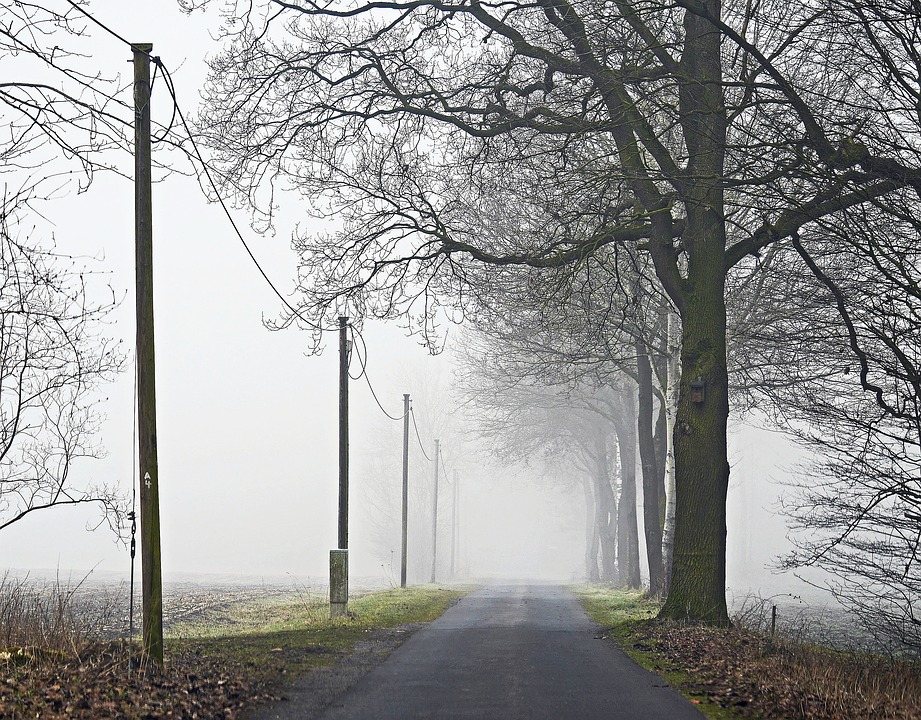A touching anecdote about an unforgotten act of kindness, capped off by some beautiful lines of poetry about the moral obligation of gratitude (my English translations in iambic pentameter blank verse, along with the original Arabic). Both the pieces (coincidentally) involve Buwayhid viziers.
The Vizier Muhallabi (Abu Muhammad al-Hasan ibn Muhammad al-Azdi, d. 352H / 963CE) was appointed as vizier in the Buwayhid court of Mu`izz al-Dawla in 339H / 950 CE. Before his attachment to the royal court, he was once traveling, and wished for meat, but due to extremely straitened circumstances was unable to afford any. In his frustration, he spontaneously composed the following lines of poetry, in which he wishes he could die!
Is there not death for sale that I could buy?
For in this life of mine, I see no good.
Can not delicious-tasting death now come,
And liberate me from this hateful life?
Whenever from afar I see a grave,
I wish that I were buried next to him.
Shan't I beseech Almighty God to bless,
That man who'll charitably gift me death?
|
ألا موت يباع فأشتريه ** فهذا العيش مالا خير فيه
ألا موت لذيذ الطعم يأتي ** يخلصني من العيش الكريه
إذا أبصرت قبرا من بعيد ** وددت لو أنني مما يليه
ألا رحم المهيمن نفس حر ** تصدق بالوفاة على أخيه
|
One of his travelling companions (named either Abu `Abdullah al-Sufi, or Abul-Husayn al-`Asqalani), upon hearing this pitiable lament, went and purchased some meat with one silver coin (dirham). He cooked the meat and fed it to Muhallabi, and the two men parted ways soon after.
The vicissitudes of fortune proved such that Muhallabi went on to be appointed vizier in the royal court, while his former travel companion fell upon hard times. The latter, hearing of Muhallabi’s new position, sought him out in Baghdad, and sent him a small chit bearing the following lines of poetry:
O tell the vizier – dearer than myself –
These words, reminding of what's long forgot!
Remember when in misery you said:
Is there not death for sale that I could buy?
|
ألا قل للوزير فدته نفسي ** مقالة مذكر ما قد نسيه أتذكر إذ تقول لضنك عيش ** ألا موت يباع فأشتريه
|
When Muhallabi read the note, the reminder of his former state of indigence drew out his deepest feelings of generosity. He immediately commanded that the man be given 700 silver coins (dirhams), along with a note on which he wrote the Quranic verse meaning:
“The likeness of those who spend their money in the cause of God is that of a grain from which grow seven ears, each ear containing a hundred grains. And God multiples for whom He wills.” (Quran, 2:261)
He then summoned the man into his presence, bestowed a fine robe upon him, and appointed him to comfortable job as a state functionary.
[Source: Ibn Khallikan, Wafayat al-A`yan, 2/124-5]
A later Buwayhid Vizier and belletrist, Abul-Qasim al-Maghribi (d. 418H / 1027 CE) wrote the following lines of poetry, which rather beautifully capture sentiments such as those underlying the above story. He wrote:
The debts of acts of kindness are not paid
The same way as financial debts are paid.
But in the hearts of noble folk they'll hang,
Suspended like a mote floats in the eye.
|
ديون المكارم لا تقتضى ** كما تقتضى واجبات الديون
ولكنها في قلوب الكرام ** تجول مجال القذى في العيون
|
[Source: Ihsan `Abbas, al-Wazir al-Maghribi, p. 158]
On the theological dispproval of explicitly praying for death, see the following hadith: https://sunnah.com/bukhari/75/32
PICTURE CREDIT: Cara Sweeney https://pixabay.com/en/thanks-appreciation-gratitude-font-418358/







